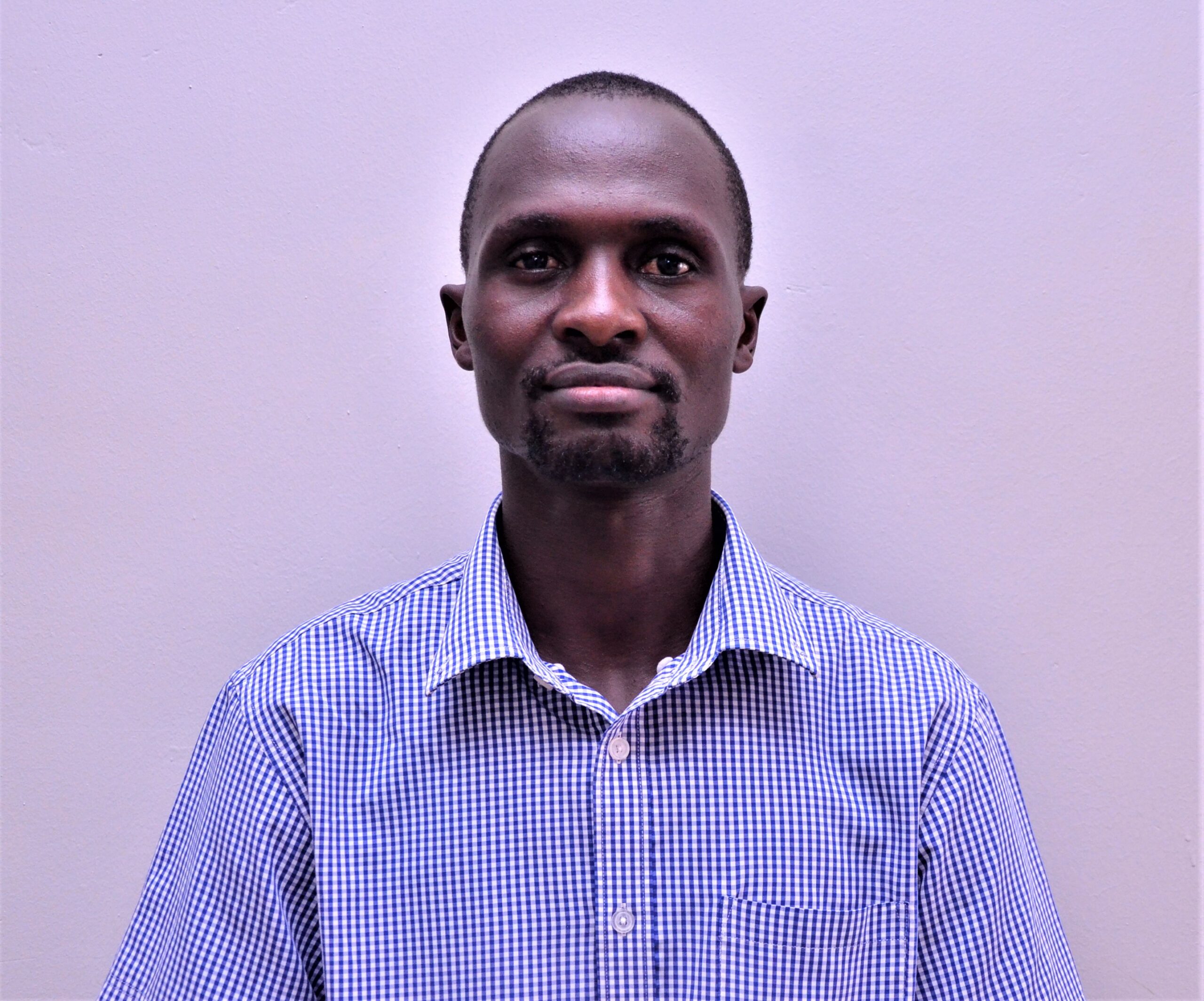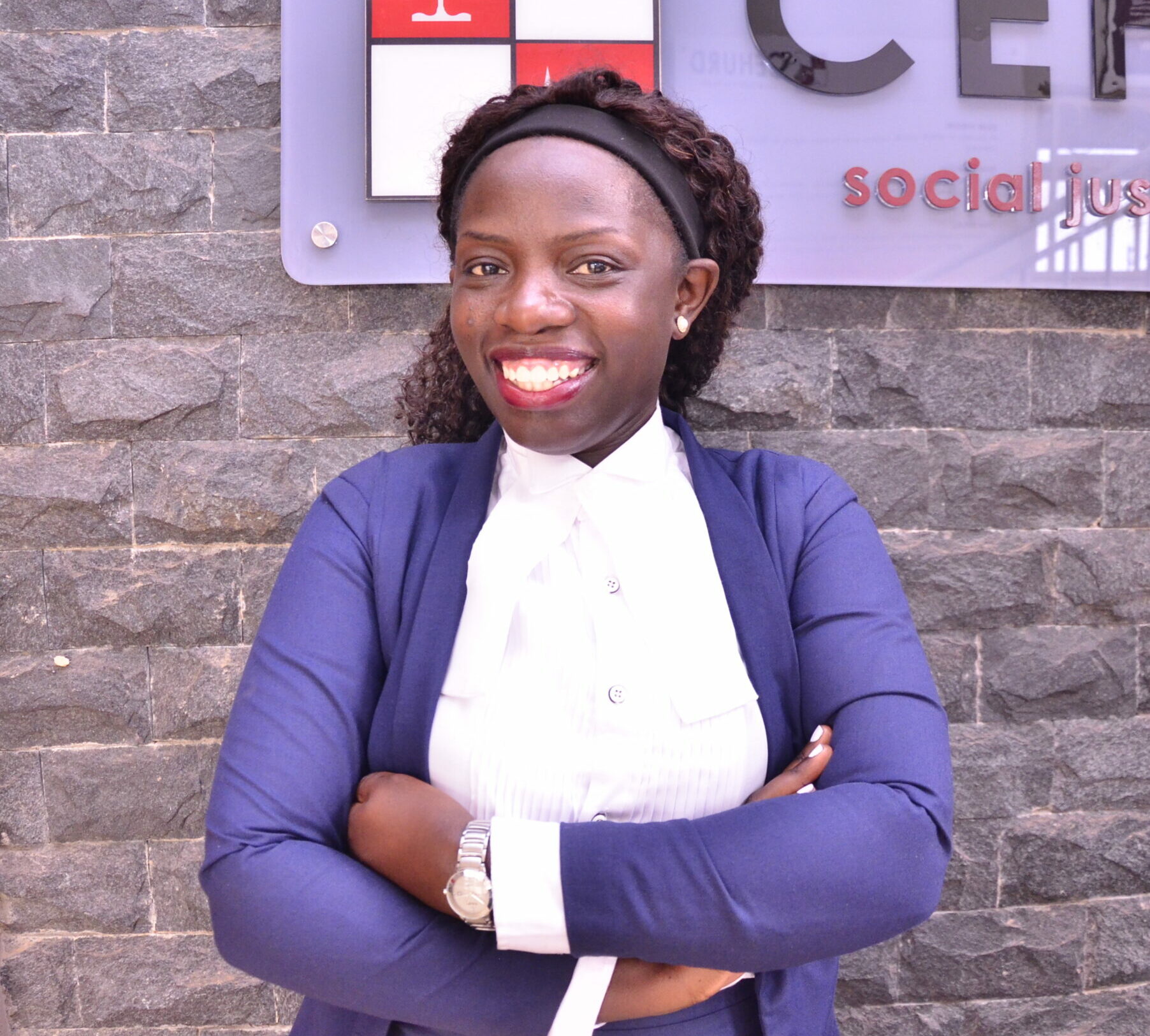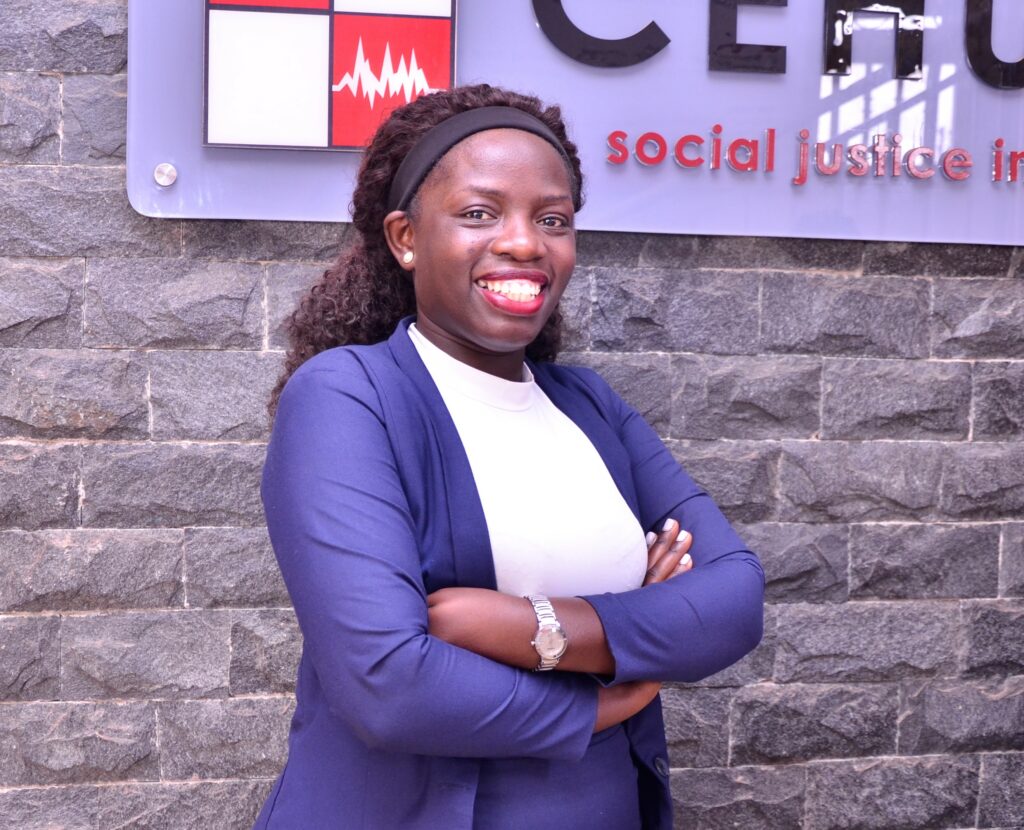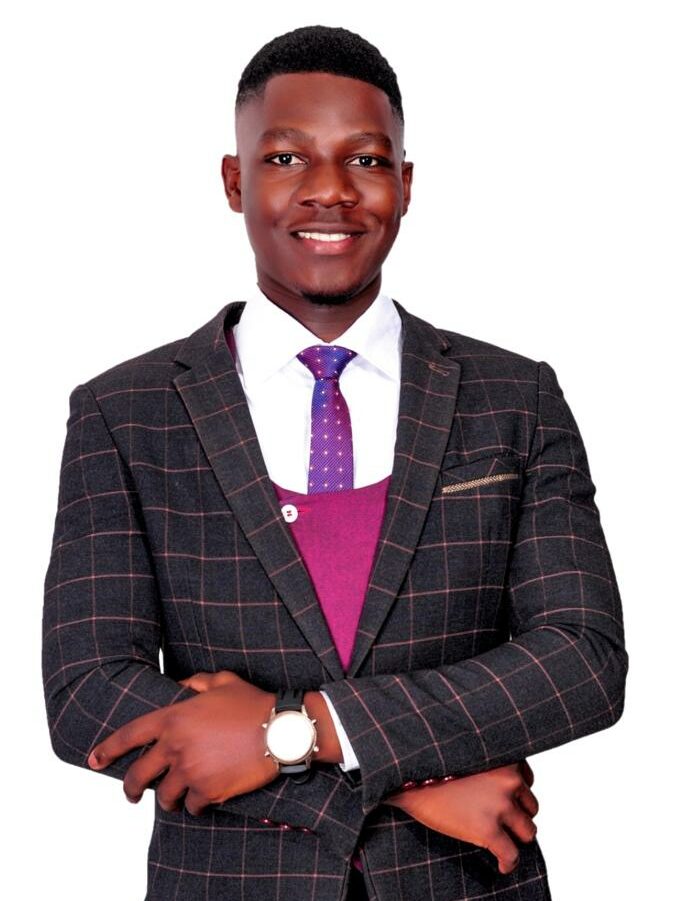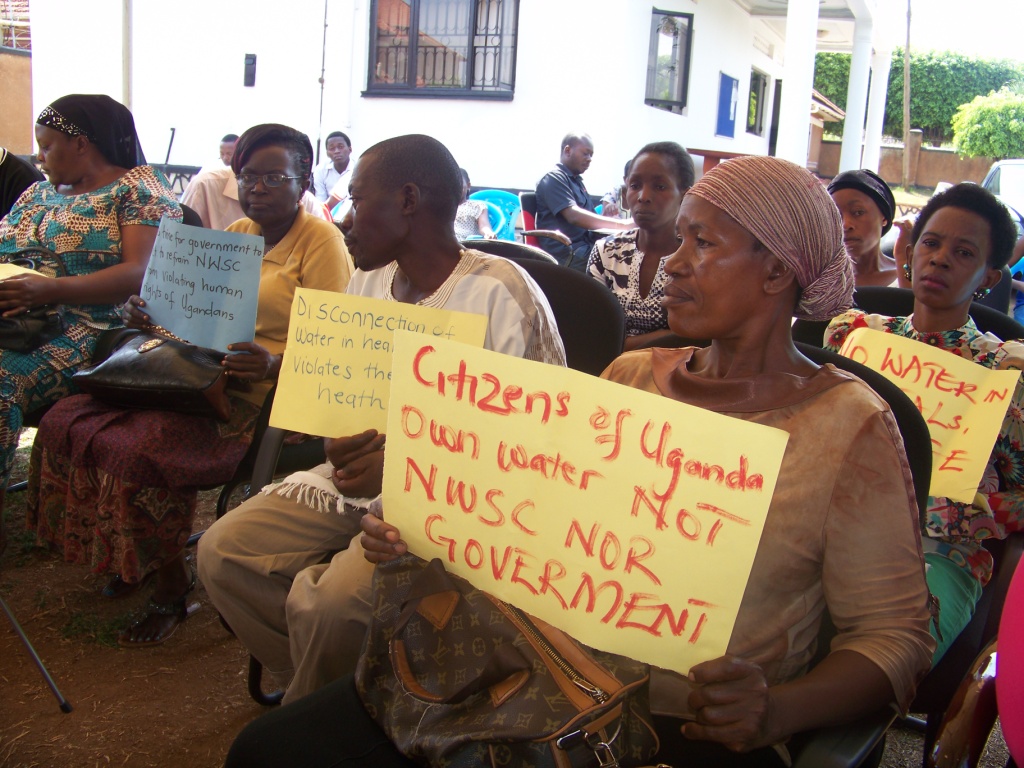In 2018, there were over 484,000 cases of MultiDrug Resistant Tuberculosis recorded around the world, which contributed to 44.21% of deaths caused by tuberculosis. Women diagnosed with MDR-TB are more vulnerable to low mental and social well-being than men, it is imperative that immediate action be taken to address the difficulties experienced by female patients as well as their support networks. This can be accomplished by putting emphasis on ’patient-centered care’, and a strong Primary Health Care system that is adequately facilitated would go a long way in ensuring efficient prevention and response to MDR-TB especially among women.
– By Christopher Ogwang
Christopher Ogwang
Multi-drug-resistant tuberculosis (MDR-TB) is a major public health hazard on a global scale. It is a kind of tuberculosis (TB) infection caused by bacteria that are resistant to treatment with at least two of the most powerful first-line anti-tuberculosis (anti-TB) medications. This is caused by non-adherence to the treatment regimen or poor prescription. In 2018, there were over 484,000 cases of MDR-TB recorded around the world, which contributed to 44.21% of deaths caused by tuberculosis. Over 62% of these instances were not treated, which is more than half. Noteworthy, the treatment of MDR-TB is much more expensive than the treatment of susceptible TB. In Uganda, various health challenges impede the scale-up of Drug-Resistant Tuberculosis treatment and care, treatment is either inadequate or lacking and in some cases, diagnosed patients delay on the treatment waiting list. Having one or more drug stock outs in health facilities treating susceptible TB was significantly associated with the risk of developing MDR-TB which has been noted as one of the factors contributing to poor outcomes and risk of developing drug-resistant TB, especially in rural communities.
Women diagnosed with MDR-TB are more vulnerable to low mental and social well-being than men. Married women and women of childbearing age are most vulnerable to MDR-TB’s socio-economic, and mental health consequences, such as isolation, financial difficulties, and despair. Besides the intricacies and length of treatment, psychosocial difficulties frequently aggravate MDR-TB. It is essential to broaden patients’ access to psychotherapy and other forms of mental healthcare while they are undergoing treatment for MDR-TB.
The reproductive and parental roles of women and mothers compound the difficulties they already face in coping with, remaining adherent to, and ultimately benefiting from MDR-TB treatment. In most cases, a female patient is also a wife or mother who provides essential care for other members of her family, including those who also suffer from MDR-TB. Women have the social obligation to care for their sick children and spouses, but they may be denied even the most fundamental needs when they are ill themselves.
It is imperative that immediate action be taken to address the difficulties experienced by female patients as well as their support networks. This can be accomplished by putting emphasis on the requirement for ’patient-centered care’” and enhancing the services offered at local health facilities that are closer to the patients. This would cut indirect related costs associated with treatment that female patients may not be able to afford. This is critical because most women are incapable of maintaining adherence to the treatment regimen, yet worse when it comes to women in rural areas that mainly engage in unpaid care work and have no room to create and focus on income streams.
Along the therapy continuum, we need to emphasise the significance of psychosocial stresses and social support as intermediary predictors for successful treatment results. To be able to ensure that female patients have a supportive environment to sustain adherence, families, patients and their family members should each receive the appropriate health information relevant to the condition and treatment plan in order to establish a support system that is both enabling and supportive. This is critical in sustaining adherence to treatment and care for Tuberculosis.
In addition, in order to improve the overall level of care provided, the screening for and treatment of mental health disorders should be incorporated in the national recommendations for the management of MDR-TB cases.
There is need to develop and implement a comprehensive mechanism for contact tracing of new tuberculosis cases and defaulters, implement an all-inclusive surveillance system such as the community awareness, screening, testing, prevention and treatment to combat TB. As evidenced from the work by the Center for Health, Human Rights and Development (CEHURD) contact tracing in northern Uganda, continuous tracing and reintegration into treatment saves lives not just of those who had dropped out of treatment but also the ones in their communities. A strong Primary Health Care system that is adequately facilitated would go a long way in ensuring efficient prevention and response to MDR-TB especially among women.
The writer is a Senior Programme Officer at the Center for Health, Human Rights and Development (CEHURD).

